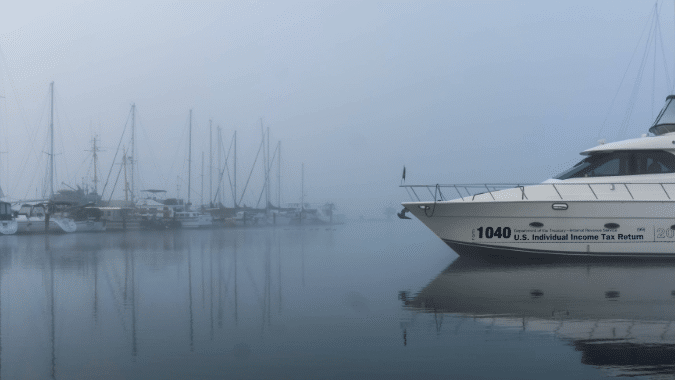While New Jersey is not necessarily known for relieving tax or regulatory burdens, it does have a unique opportunity to join a slowly growing trend of states that are greatly easing tax filing obligations for employers and employees alike in a post-pandemic work world.
NJBIA Chief Government Affairs Officer Christopher Emigholz said lawmakers and Gov. Murphy should consider 30-day safe harbor legislation for travelling employees.
“This really would be a win-win for both job providers and their workers, particularly as remote work still remains popular after the pandemic, and it would likely increase interstate commerce,” Emigholz said. “We look forward to educating lawmakers on the many benefits of this safe harbor as they return to Trenton.”
While the safe harbor concept is not brand new, it has gained some momentum as remote work continues to take root post-pandemic while at the time we hope to reinvigorate interstate travel.
Currently, in most states, non-resident employees who travel to a state for business purposes – even for just one day -– are subject to onerous administrative burdens. In addition to filing federal and resident state income tax returns, they are also legally required to file an income tax return in every other state they travel to.
Their employers, meanwhile, are required to withhold from their paychecks, for even a day’s work out of state.
But Safe Harbor legislation, which is being championed by the Council on State Taxation and other tax advocacy groups, would allow states to provide a uniform and 30-day safe harbor (or threshold) on nonresident workers before imposing an individual income tax liability and associated withholding obligations on their employers.
Until the threshold is reached, employees and employers would continue to pay and withhold in the state of residence. Once the threshold is reached, liability and withholding would attach as of the first day in the nonresident state.
So far, Montana, Illinois, Indiana and West Virginia have enacted a 30-day threshold for both filing and withholding, while Louisiana has a 25-day threshold for both. Nebraska and Kansas have similar legislation pending this year, while states like Alaska and Hawaii have a 60-day threshold for withholding only.
“Generally speaking, these are states that understand that remote work and interstate travel both represent an opportunity to make their tax codes a bit more amenable and easier to manage for everyone involved,” Emigholz said. “We believe New Jersey can do our employers and workers a great service by adapting our tax policies to better fit a changing economy. We look forward to engaging in the conversation.”




